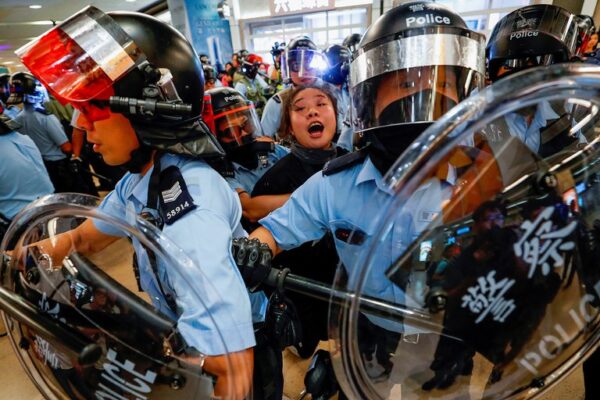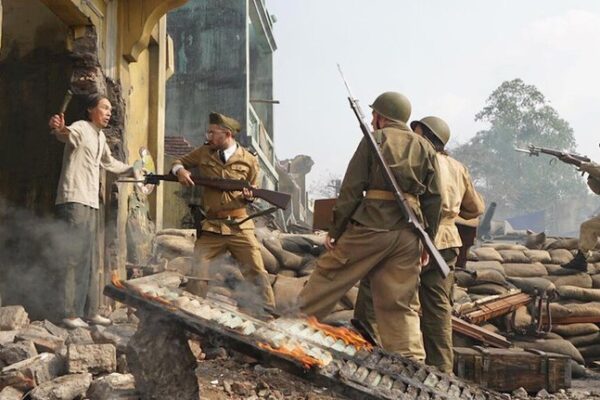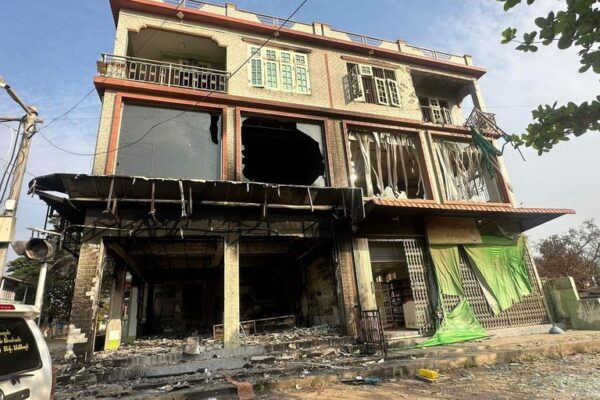
Embattled Hong Kong women rights defenders deserve support and solidarity
On International Women’s Day, as we celebrate the rights of women around the world and shine a spotlight on inspiring women, the women of Hong Kong who have paid a high price for fighting for equal rights and for basic rights and freedoms under an increasingly intolerant government. Women human rights defenders face gender-based challenges and restrictions that drive them to use alternative strategies in their activism to achieve their goals and overcome obstacles. They have demonstrated immense bravery and perseverance in the Hong Kong that has emerged since the imposition in 2020 of the National Security Law. During the 2019 Hong Kong pro-democracy protests, young women were prominent in protests, and many faced gender-based and sexual violence. In particular, a number of women reported sexual assault and harassment by the Hong Kong police when they were in detention or in other forms of custody. Few of these cases were prosecuted and the perpetrators have not been held accountable to this date. Many women from Hong Kong said that gender-based and sexual violence was a known phenomenon, particularly at the hands of the police. They added that they would not file a complaint, because the investigation would also be conducted by the police, who were unlikely to hold their own officers accountable. Riot police detain a woman as anti-government protesters gather at Sha Tin Mass Transit Railway station in Hong Kong, Sept. 25, 2019. (Tyrone Siu/Reuters) The women acknowledge the violations that they faced were an unfortunate part of pro-democracy activism, and although they did what they could to avoid assault and protect themselves, it was still worth the risk when fighting for democracy and rights and freedom in Hong Kong. In 2023, I wrote a submission to the UN Committee on the Elimination of Discrimination Against Women on behalf of Hong Kong Watch, about these issues. I provided statistics and case studies, and interviewed women human rights defenders about their own experiences of gender-based and sexual violence, as well as what they observed around them. It was chilling to learn that such violations against women were normalized and that there were so few tools for accountability. But it is nevertheless inspiring to see these strong women persevere. At the United Nations in Geneva, the UN Committee on the Elimination of Discrimination Against Women did raise concerns about women’s rights in Hong Kong. The body urged the Hong Kong government to hold perpetrators accountable and strengthen the framework to protect women’s rights. They also warned the Hong Kong government against using national security and public order measures in a way that could violate women’s rights. A year on, the Hong Kong government has yet to implement these recommendations or show that they are taking women’s rights seriously. Chow Hang-tung At the top of the list of women deserving support on this day is Chow Hang-tung. The former vice-chairperson of the Hong Kong Alliance in Support of Patriotic Democratic Movements of China, Chow was charged with “inciting others to participate in an unauthorized assembly” for a Tiananmen Square Massacre vigil in 2021. Remanded in custody since September 2021, Chow, an activist and lawyer, faces a potential 10 years in jail if convicted of “inciting subversion of state power” in a trial that is expected to begin in late 2024. Having reviewed her circumstances, the UN Human Rights Council’s Working Group on Arbitrary Detention concluded that Chow was arbitrarily detained, should be released immediately, and that her treatment is in contravention of the International Covenant on Civil and Political Rights, to which Hong Kong is a signatory. Activist and barrister Chow Hang-tung arrives at the Court of Final Appeal in Hong Kong on June 8, 2023. (Isaac Lawrence/AFP) Chow faces a number of very serious violations to her rights and freedoms, some of which are related to her gender. One thing is clear: she deserves to be free and to exercise her rights, including freedom of expression and freedom of assembly. Chow remains calm and poised and a source of hope for many of us who stand up to the Hong Kong government, as well as the Chinese Communist Party in Beijing. She has not given up and shows no sign of doing so. This year, Chow was nominated for the Nobel Peace Prize by Swedish MP Guri Melby. Her brave and principled peaceful activism against the Chinese Communist Party makes her a deserving candidate. Chow has made immense sacrifices for the rights and freedoms of the people of Hong Kong, as well as the people of China. Article 23 advances Many more women in Hong Kong languish behind bars, many of whom are political prisoners, in the jurisdiction that has the highest percentage of women prisoners in the world. This includes women who have been arrested and charged under the 2020 National Security Law and the sedition law. Also on the list are women who were former key personnel at Apple Daily, former members of the Legislative Council, former district councilors, and many others. International Women’s Day this year coincided with the publication and Legislative Council reading of the Safeguarding National Security Bill, under Article 23 of the Basic Law in Hong Kong. Lawmakers take part in reading the draft of the Safeguarding National Security Bill at the Legislative Council in Hong Kong on March 8, 2024. (Li Zhihua/China News Service/VCG via Getty Images) This fast-tracked law is set to prohibit new types of offences, and has proposed provisions which are vague and will criminalise the peaceful exercise of human rights while dramatically undermining due process and fair trial rights in Hong Kong. The bill will contribute to institutional violations of human rights, including women’s rights, in Hong Kong, and it is something the world must condemn and stand up against. Many human rights defenders, including many women human rights activists, are taking action today to raise awareness and coordinate responses to this Bill. On International Women’s Day, the strong women of Hong Kong who have fought for equality and against…






